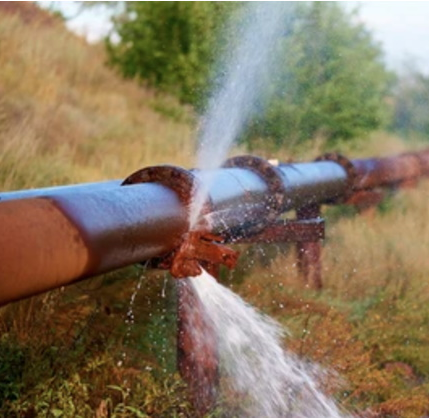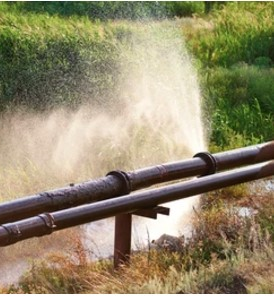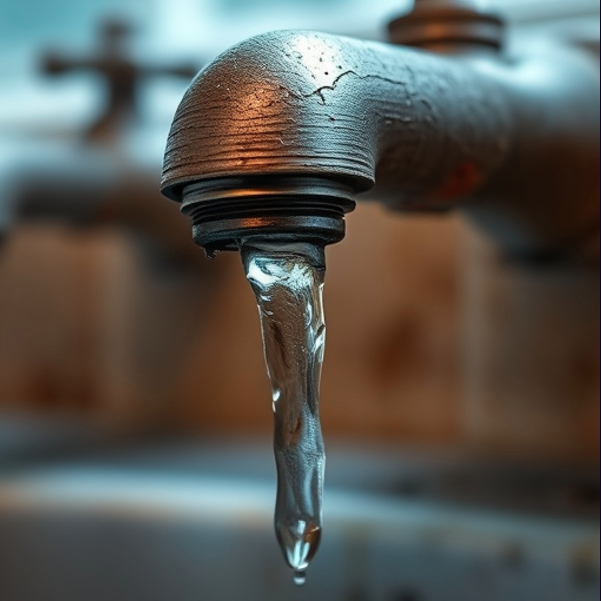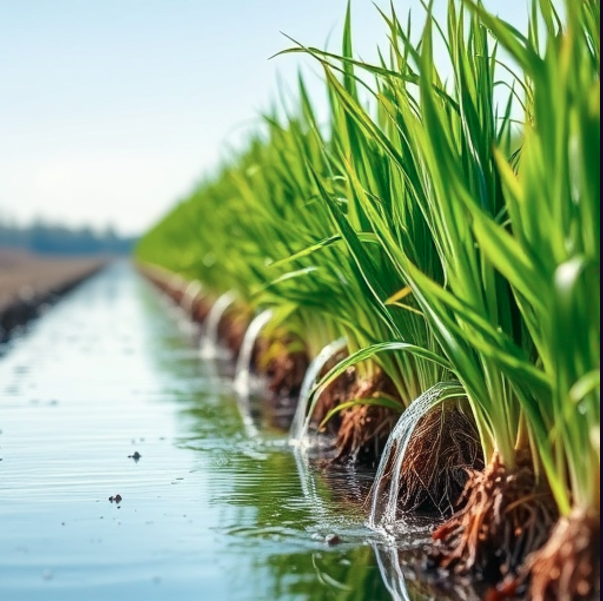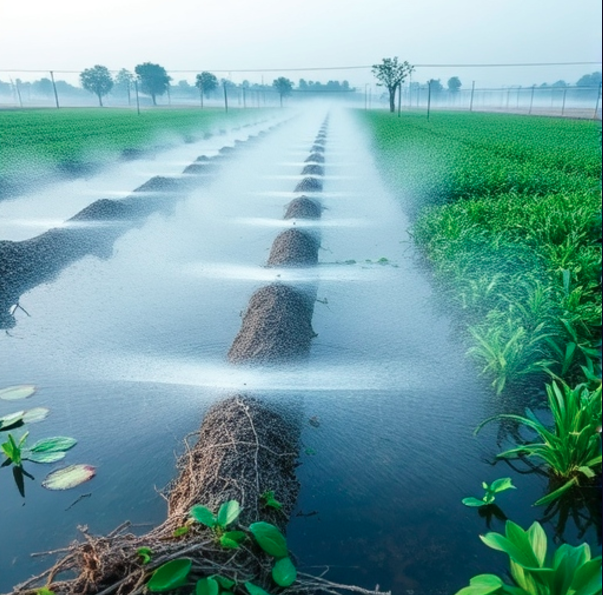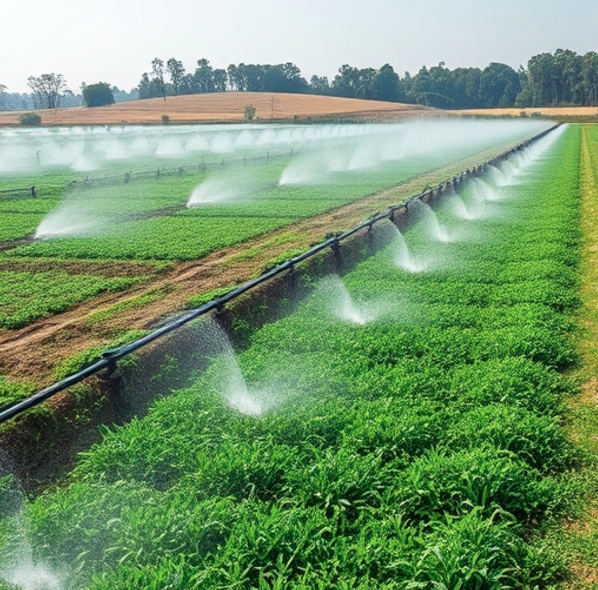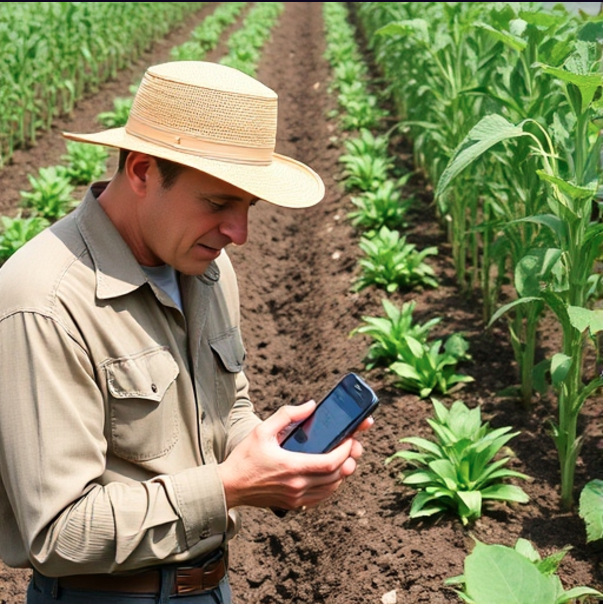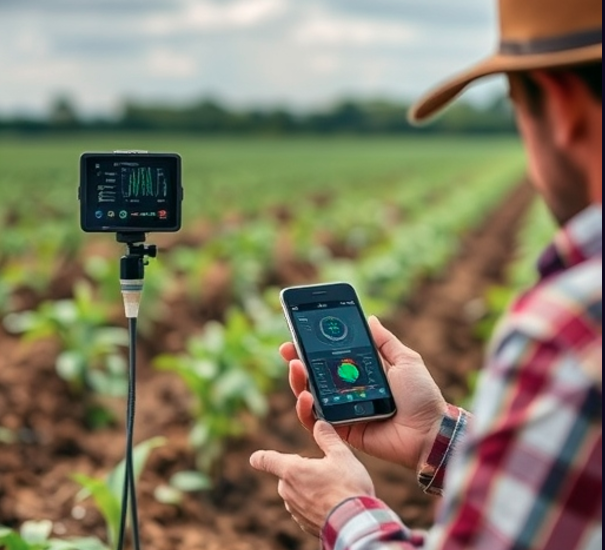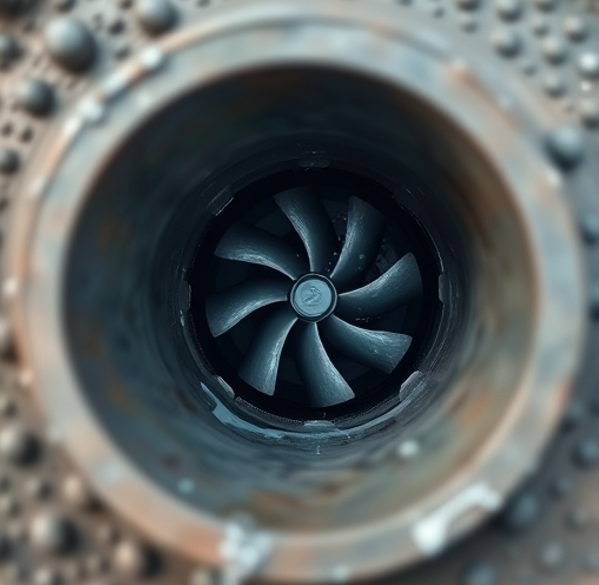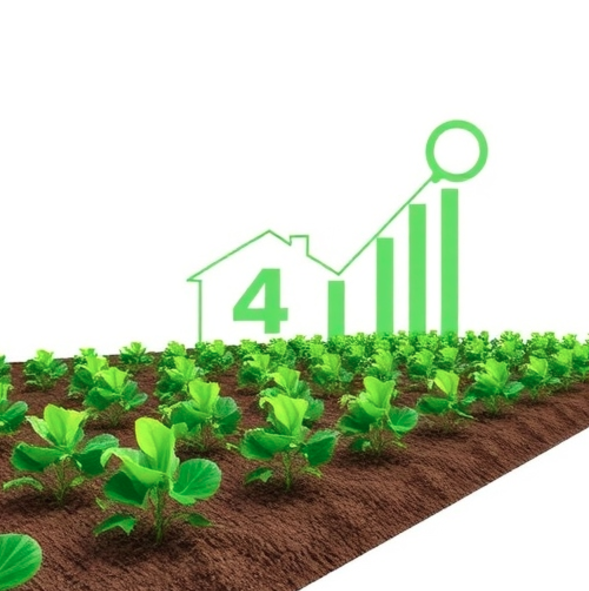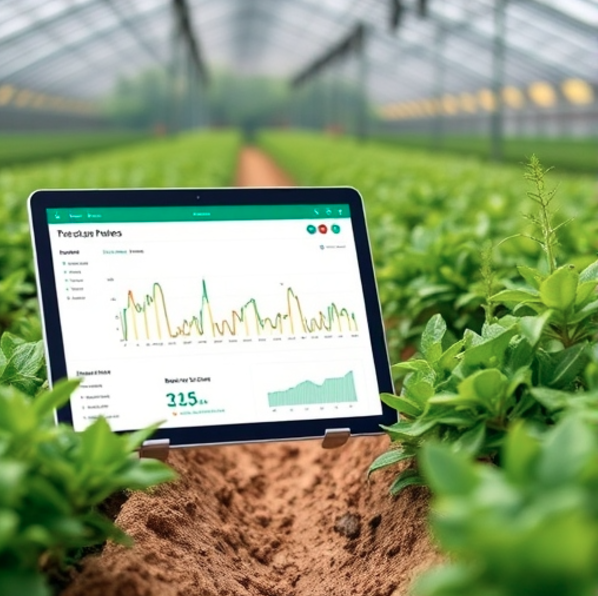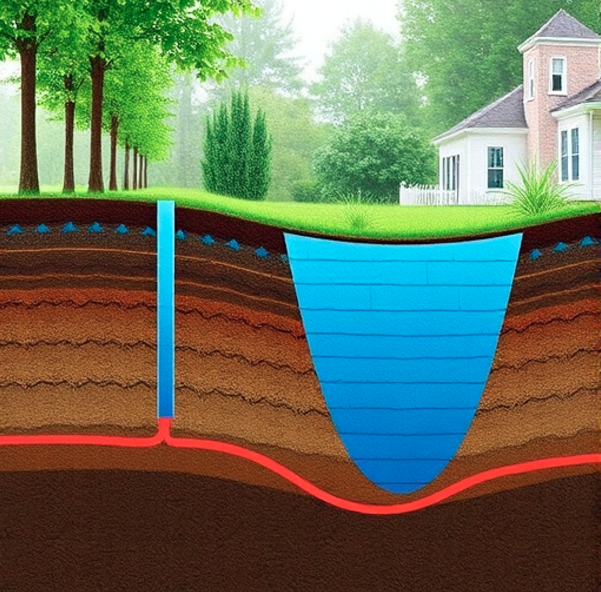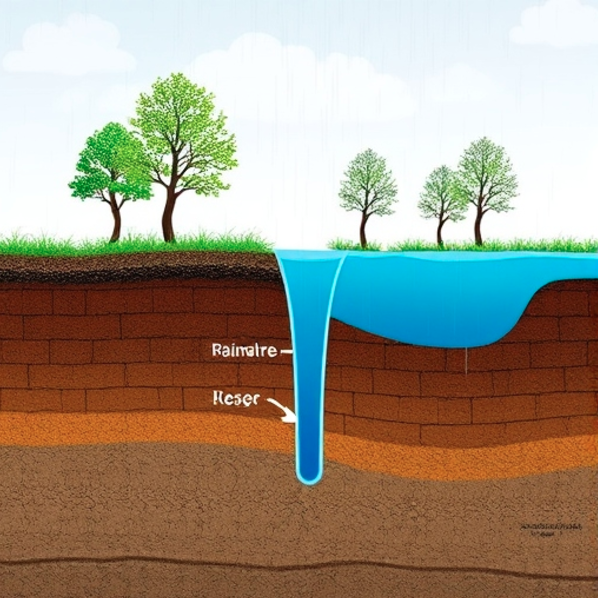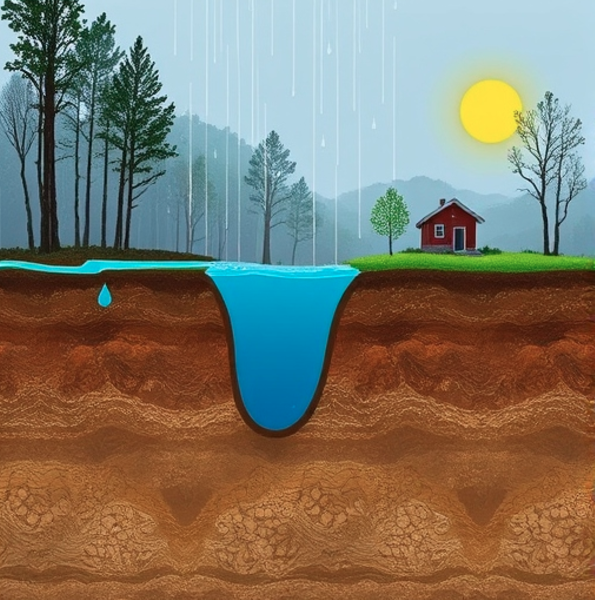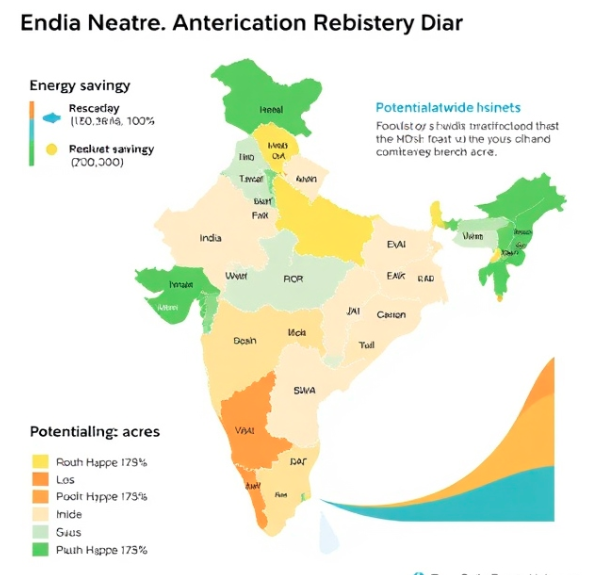Products
AWMS (Adaptive Water Management System)
A smart IoT-based system tailored for equitable urban water distribution and conservation. AWMS for Urban settings, Agriculture Irrigation and many more.
- Equitable water distribution and ground water conservation.
- Regulatory tool for water boards, helping enforce policies
- Enables scientific water management in agriculture
- Hardly or no changes to the existing infrastructure. Will be retrofitted on existing valves in agriculture and Municipal setup.
Centralized AI-Driven Management for decision making based on water availability, serving as a data-driven medium to enforce water policies and regulations.
Problem Statements
What we are Solving
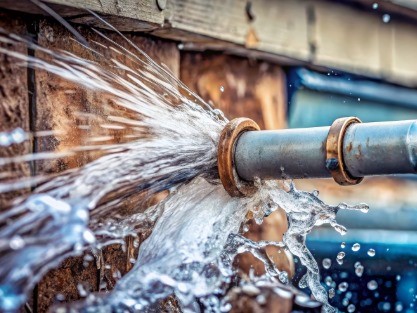
No technology to prevent water wastage
-
Lack of real time monitoring.
No Alerts for Anomalies
No technologies to adapt dynamically.
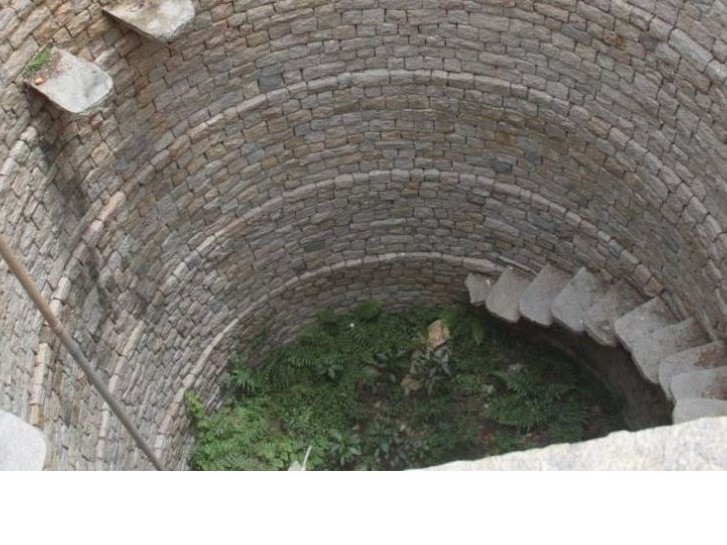
Drying Borewells
-
Unregulated pumping for irrigation.
No Data-Driven Insights for informed decision-making.
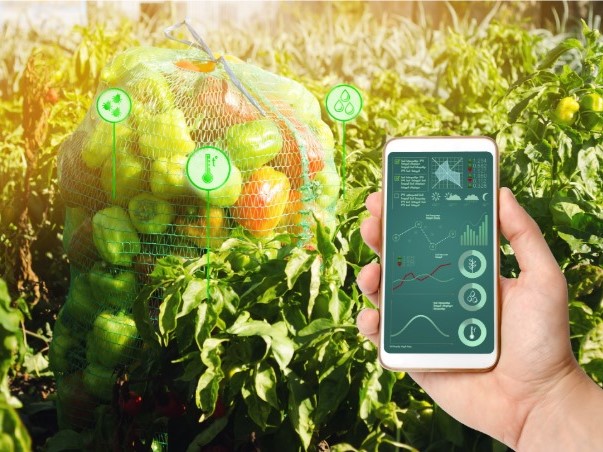
Scientific Farming
-
Growing wrong crop in wrong field in wrong time.
Energy intensive irrigation.
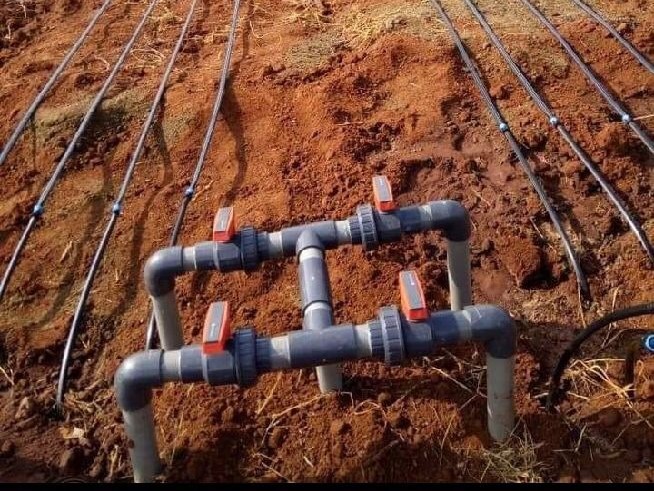
Manual irrigation
-
Manual, laborious and inefficient system.
High electricity consumption.
Excessive and under watering.
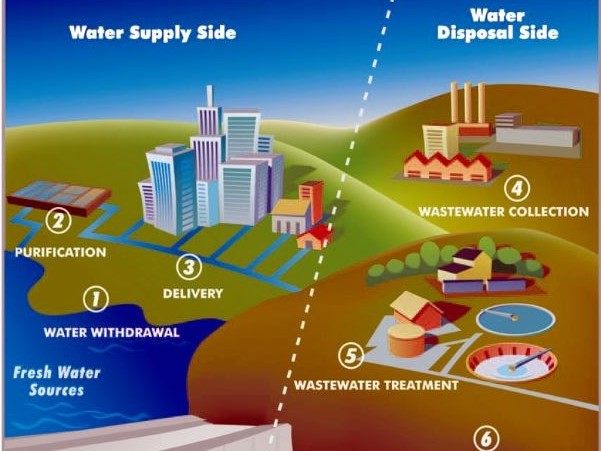
Resource Mismanagement
-
No mechanisms enforce water policies.
Uneven distribution.
Lack of predictive systems.
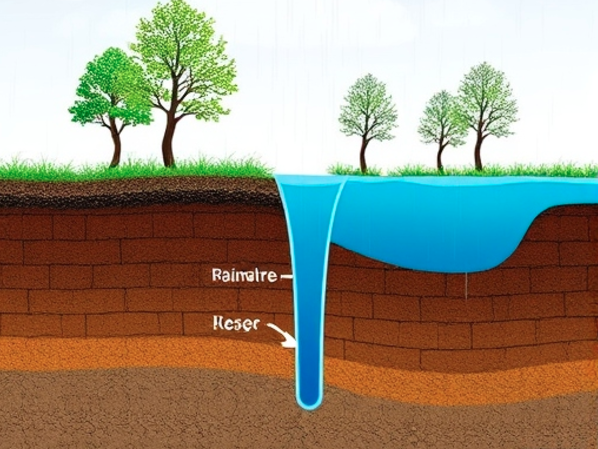
Resource Sustainability
-
High energy use for water pumping.
Declining Groundwater Level.
IWMS/AWMS Ecosystem
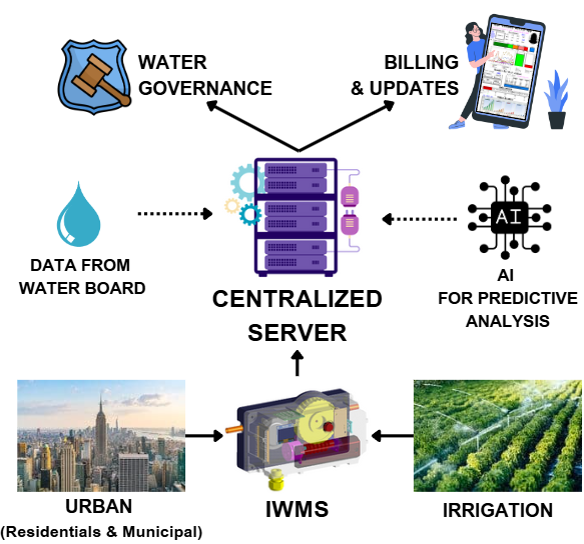
How Impactful is the solution
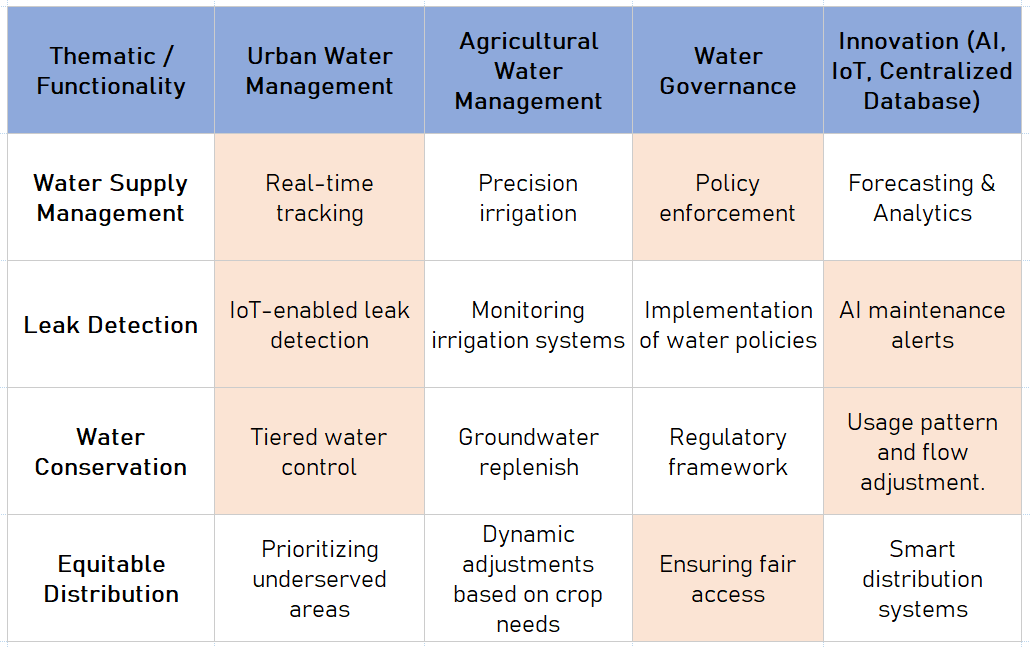
IWMS/AWMS
Top 10 features
Water Scarcity vs. Overuse Control
Unequal access to water is a pressing issue, especially in communities where a few individuals or industries consume disproportionately large amounts. This creates shortages for others and often leads to conflicts and inefficiencies in water use.
IWMS ensures equitable water distribution by continuously monitoring usage patterns and enforcing tiered flow controls. High-consumption users are automatically regulated, allowing for more balanced supply across households, farms, and industries. The system can also prioritize essential services like hospitals and emergency needs during periods of scarcity.
With equitable distribution, IWMS promotes harmony in communities by reducing conflicts over water resources. It ensures that essential needs are met while discouraging wastage and overuse. Municipalities can better manage water supply systems, creating a more sustainable and fair environment for all.
CTA: "Ensure fairness with IWMS’s equitable water sharing technology."Pipe Burst Detection & Action
Undetected pipe bursts lead to significant water loss.Water pipe burst detection is a critical problem in infrastructure management, especially in areas where water conservation and system reliability are crucial.
Detecting water pipe bursts involves identifying abnormal behavior in water flow, pressure, or other parameters to prevent water loss, reduce damage, and minimize downtime.
IWMS detects anomalies, shuts valves automatically, and notifies municipal authorities for immediate action.
Reduces water loss and speeds up maintenance response.
CTA: "Prevent water loss with IWMS’s smart detection system."
Preventing Water Wastage from Open Taps
Undetected leaks in water pipelines, taps, or fixtures may seem minor initially, but over time, they result in significant water loss and increased costs for households, industries, and municipalities. Many such leaks go unnoticed until they cause visible damage, like damp walls or drastic drops in water pressure. This not only wastes resources but also increases repair costs and disrupts supply for others.
IWMS incorporates advanced IoT sensors that detect leaks in real time, whether they occur in pipelines, underground connections, or household fixtures. The system immediately reduces water flow or shuts it off entirely, depending on the severity of the issue. Additionally, users are notified instantly through a mobile app or alerts, enabling timely intervention. These smart sensors even detect slow, persistent leaks that are often hard to identify manually.
Protects resources even when users forget.
CTA: "Experience intelligent water control with IWMS."Leak Detection for Worn-Out Taps, pipe
Slow leaks in water distribution networks, pipelines or in irrigation systems, often go unnoticed for long periods, leading to significant cumulative water wastage. While a single slow leak might seem insignificant, over time, the cumulative impact can result in considerable water and energy losses.
An AWMS that identifies leaks, reduces flow, and alerts users instantly is an advanced solution for enhancing water efficiency, minimizing wastage, and ensuring timely maintenance.
Early intervention in water management, especially in detecting and addressing leaks or inefficiencies, is crucial for saving water and minimizing repair costs.
CTA: "Discover how IWMS stops water leaks in their tracks."
Preventing Over-Watering in Agriculture
Unregulated groundwater extraction through borewells is depleting aquifers at an alarming rate. In many areas, this overuse has led to drying borewells and long-term water scarcity, leaving communities and farmers without a sustainable source of water.
IWMS monitors borewell usage by tracking the volume of water extracted over time. It sets usage limits based on aquifer capacity and enforces restrictions when thresholds are reached. The system also integrates rainwater harvesting mechanisms to help recharge groundwater during monsoon seasons.
By promoting responsible groundwater use, IWMS helps preserve aquifers for future generations. Farmers and communities gain a more reliable water source, while municipalities can enforce sustainable water extraction practices. This balance supports long-term water security and reduces dependency on external resources.
CTA: "Protect groundwater with IWMS’s sustainable borewell management."
Sensing Soil Moisture for Scientific Farming
Farmers often rely on guesswork or traditional methods to irrigate crops, which leads to overwatering or under-watering. This inefficient use of water not only wastes resources but also reduces crop yields, impacts soil health, and increases operational costs. With unpredictable weather patterns, these challenges are further exacerbated.
IWMS integrates soil moisture sensors that measure the exact water content in the soil. These sensors work in conjunction with AI algorithms to determine the precise amount of water each part of the field requires. Based on crop type, soil conditions, and weather forecasts, the system adjusts irrigation schedules automatically, ensuring optimal hydration for crops.
Farmers using IWMS can achieve higher crop yields with less water, improving productivity and profitability. Additionally, efficient irrigation practices conserve water, reduce energy consumption for pumping, and prevent soil degradation caused by overwatering. It is a sustainable solution that addresses the growing demands of agriculture.
CTA: "Achieve precision farming with IWMS soil sensors."
Autonomous Water Management & Electricity Generation
Remote areas lack sustainable water and power solutions. Many water management systems depend on external power sources, which can be unreliable in remote or rural areas. High energy consumption also adds to operational costs, making such systems less accessible for many users.
IWMS uses self-harvested energy to autonomously manage water flow and distribution.IWMS is designed to be self-powered, utilizing energy harvested from solar panels or kinetic systems to operate independently. This feature ensures uninterrupted functionality, even in off-grid locations, and eliminates dependency on external electricity.
Ensures reliable operation without external power sources.The self-powered capability makes IWMS an eco-friendly and cost-effective solution, particularly for rural communities and agricultural settings. It reduces operational expenses, enhances reliability, and supports sustainable practices, making it ideal for large-scale implementation.
CTA: "Experience uninterrupted water management with IWMS’s self-sustaining energy solution."
AI-Driven Crop Recommendations
Farmers lack actionable insights for optimal crop selection.The crop selection problem related to soil is a significant challenge for farmers, as soil quality and characteristics directly influence the suitability and productivity of crops. Farmers need to understand the soil's physical, chemical, and biological properties to make informed decisions about which crops to plant.
An AWMS that analyzes soil and geological data to recommend ideal crops is an advanced solution aimed at optimizing agricultural productivity. It uses a combination of data collection, processing, and analysis tools to deliver actionable insights to farmers.
Data-driven agriculture leverages advanced technologies, analytics, and data integration to optimize farming practices, leading to higher productivity and sustainability
CTA: "Empower your farm with AI-driven insights."
Conserving Underground Water & Improving Water Table
Data-driven agriculture leverages advanced technologies, analytics, and data integration to optimize farming practices, leading to higher productivity and sustainability. By utilizing real-time and historical data about soil, weather, crop health, and market trends, farmers can make informed decisions that enhance efficiency, reduce waste, and maximize yields.
An AWMS designed for irrigation minimizes water draw and enhances rainwater infiltration by combining advanced technologies, precision agriculture, and sustainable water management practices
AWMS that support groundwater conservation and improve long-term sustainability have a transformative impact on agriculture, water resources, and ecosystems.
CTA: "Help replenish underground water with IWMS."Energy Savings & Reduced Electricity Burden
Pumping borewell water is energy-intensive due to the mechanical and operational demands of extracting groundwater from increasingly deeper levels.
AWMS optimize water flow and irrigation practices to reduce energy consumption, making water usage more efficient and sustainable. By leveraging technology, real-time data, and smart systems, IWMS minimizes energy expenditure while ensuring crops receive the right amount of water. Below is a detailed breakdown of how IWMS achieves up to a 20% reduction in energy consumption.
Lowers costs for households, farmers, and municipalities.
IWMS/AWMS
Pre-sales Inquiry


